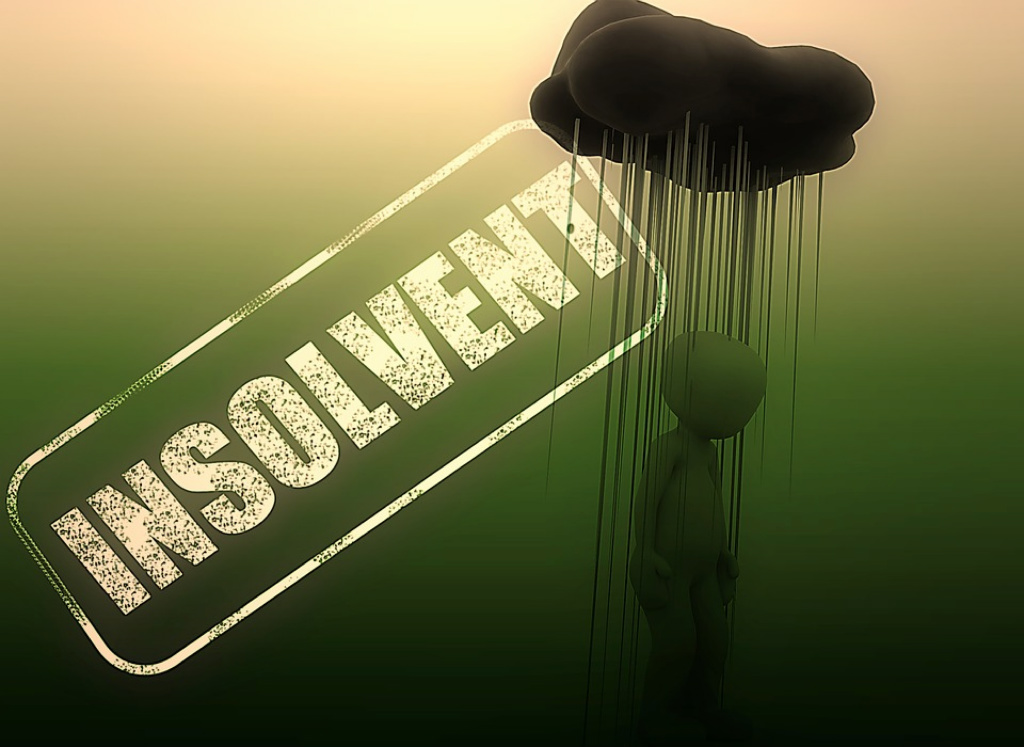Bankruptcy is legal procedure with a wide range of implications on the insolvent. In Canada, the main governing bankruptcy law is the Bankruptcy and Insolvency Act. The law defines bankruptcy in detail, the eligibility for declaring bankruptcy, the bankruptcy procedure, and the concerned officials in charge.
Many of you who are unfamiliar with the idea of bankruptcy tend to have a lot of questions on how the process can impact you. This is especially true when you are yet to consult with an expert from a law firm. Read on to understand to what extent can bankruptcy affect you and for how long does the impact stay in your life.
What is Bankruptcy?
Bankruptcy is a legal process. When you declare bankruptcy, you surrender all your assets to a Licensed Insolvency Trustee in exchange for the elimination of your debts. The only property that you can keep are the ones that you hold in trust for other persons. The provisions of exempt property differ from province to province. In Alberta, exempt property includes the following:
- Food: 12 months’ supply.
- Clothing: up to $4,000.
- Household furniture and appliances: up to $4,000
- One motor vehicle; up to $5,000
- Health aids: no dollar limit.
- Tools of your trade: up to $10,000.
- Farm property: requirements for 12 months operations.
- Principal residence: up to $40,000, reduced to your share if you are a co-owner.
- Farm land: up to 160 acres.
- Social allowance, handicap benefit or a widow’s pension if the proceeds from the payment are not intermingled with your other funds
What happens When you Declare Bankruptcy?
Although the idea of filing for bankruptcy can sound negative, it could just be the most appropriate step to take to rebalance your finances. The bankruptcy court in Canada will issue a ‘stay of proceedings’ that will prevent creditors from calling you. And your debts are eliminated. As per Bankruptcy Canada, “if you owe child support or alimony, or court fines, those obligations survive your bankruptcy. Secured debts, such as the mortgage on your house, or a car loan, also don’t go away, provided you decide to keep your house or car and continue paying your secured loan. All other unsecured debts are eliminated, including credit cards, bank loan, payday loans, and even income taxes owed to Canada Revenue Agency.”
Filing for bankruptcy can affect you in ways more than one. In fact its implications can last for years together. To begin with, for someone with a moderate income, bankruptcy can last for about nine months and one day. And if your income is higher than the government standards, then the process can take 21 months and a day. Having said that, if you fail to complete your duties on time, then the bankruptcy can last until you complete all your duties.
You filing for bankruptcy will show in your credit report for as long as you are in the process of completing the procedures and for 6 years from the date of completion. And if you had filed for bankruptcy earlier as well, then it could show in your records for upto 14 years.
Are you looking for more information on how bankruptcy can affect you? Consult with a legal expert from a reputed law firm in Alberta.

